Hello friends
A special welcome to all the new subscribers who have joined The Life Boat in the last couple of days. There has been quite a flurry! I’m curious how you found me!
I spent the weekend sowing seeds. The process of germination responds to warmth and light, but its unfolding can’t be rushed. All I can do is create the right conditions and offer my attentive patience, keeping the seed trays moist but not wet, ready to prick out the tiny seedlings when they are neither too small nor too congested.
The careful, attentive work of cultivation offers a valuable counterpoint to the clamorous urgency of this moment, the peculiar and alarming ‘now’ we find ourselves living through.
We are invited, by the digital culture we are immersed in, to inhabit a very narrow slice of ‘now’, a thin sliver that vanishes with every refresh of our newsfeed, every hourly news bulletin, every ping of our inbox. As a result, we live in an atmosphere of agitation and anxiety, feeling like we must not only have, but perform publicly, a hot take on the latest outrage.
Outrage is a narrow bandwidth emotion. It’s volatile. It comes as a jolt, a flash of heat. It has an addictive quality. Our newsfeed drives our outrage, and our outrage drives our newsfeed, as we feed it our clicks and eyeballs. We know it, but we can’t quite seem to stop.
But outrage, necessary and righteous though it may be, can’t sustain us for the long haul we have ahead of us. Our actions need grounding in something more sustaining than a flash of anger and the need to be right. I feel like I need to draw on deeper resources. Resourcing as re-sourcing, returning to the source, to something beyond the spinning cycles of outrage and righteous indignation.
It’s worth reminding ourselves that this is not the first time that has felt like the End Times. Indigenous cultures the world over have been through this already, long before the monster of Capitalism turned to devour its own children. We have much to learn from them.
In ‘Feel the Grass Grow: Ecologies of Slow Peace in Colombia’, ethnographer Angela Jill Lederah documents the patient work of the peasants of Montemario as they rebuild life after conflict in rural Colombia, and as well-meaning NGOs and patronising government agencies rush to impose ill-conceived ‘solutions’ upon them that, inevitably, fail to give the desired results.
In Lederah’s theory of ‘slow peace,’ slowing down does not negate the urgency of the situation (in this case Colombia, but the lessons are much wider) but serves as:
“a call to recentre grassroots practices of peace that are grounded in multigenerational struggles...The call to slow peace gives primacy to the everyday, where relationships are deepened, ancestral memories reclaimed, and ecologies regenerated.”
These are long, slow actions, aligned to the rhythms of the natural world. Quiet, often unspectacular practices that cultivate new seeds among the ruins. In the midst of all the destruction around us, even now, many such seeds are being planted whose fruits we will never get to see.
The prevailing narrative is that we are in a race against time, but the paradox is that time is running out and time is infinite. To build anything of lasting value in a world of urgent rush is going to mean we have to re-evaluate our relationship with time.
In ‘Gravity’s Rainbow’ Thomas Pynchon uses the resonant phrase ‘temporal bandwidth’. Your temporal bandwidth* is the width of your present, your ‘now’. Pynchon writes:
“The more you dwell in the past and the future, the thicker your bandwidth, the more solid your persona. The narrower your sense of Now the more tenuous you are”
The unsteadier your temporal footing, according to Pynchon, the more subject you are to a sense of frenetic, panicky hamster-wheel running on the spot.
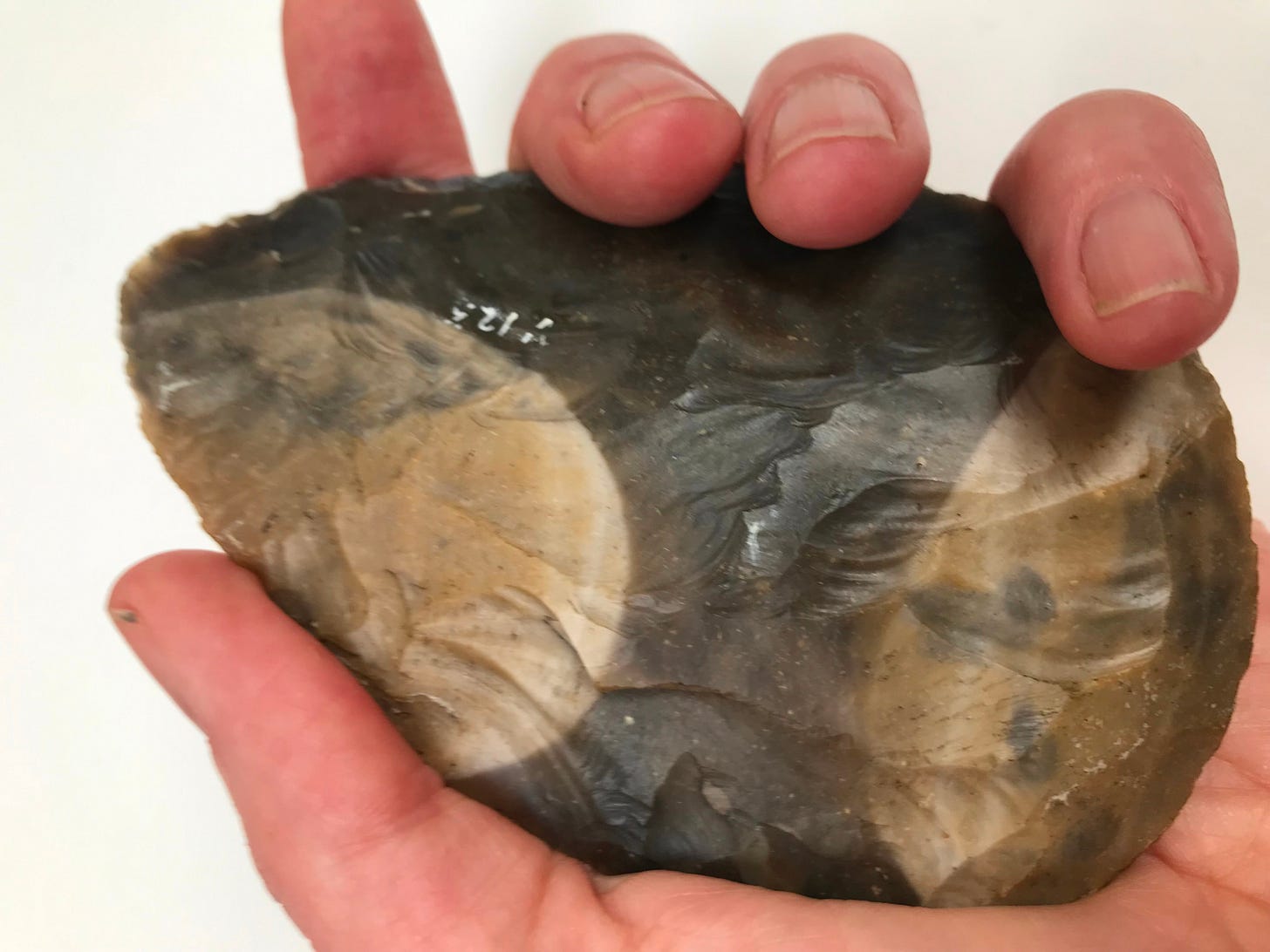
Alan Jacobs suggests, we can ‘Break Bread with the Dead’ by engaging with classic literature and art, while historian Timothy Snyder recommends we read historical biographies.
I recommend hanging out with archaeologists and geologists. Here in Orkney, they draw my attention to the traces that generations of past human lives have left in the landscape and how tidal currents from millions of years ago are still etched into the sedimentary rock.
Watching the sea works too. As wave after wave washes over the rocky shelves of the shore I walk beside most days, and consider how that power is now being harnessed for future energy generation, I get a sense of a ‘Now’ that pulses between past and future, between the drop and the ocean, the wave and the rocks it shapes, between intimacy and majesty, between the moment and eternity.
And there’s something of that, I find, in painting too; in how the mark I make with a momentary flick of the wrist, when repeated over time, builds up into something else, something deeper. How a painting holds time still like the sedimentary rocks of the cliffs at Yesnaby. How, when I am immersed in the work, time takes on a different texture. It seems to me that engaging with painting or drawing, as a maker or a viewer, or both, is also a way to widen our temporal bandwidth.
Whether through growing plants from seed, understanding our histories, or engaging with the deep time of the planet, cultivating a wider temporal bandwidth keeps our current crush of events in perspective. A thicker, deeper ‘now’ helps us choose more effective action, giving us breathing room to consider our values and what they demand of us, and so guides the choices we make and the actions we take.
So it’s not just a question of slowing down, or of simply coming into presence, but of widening our temporal bandwidth, asking ourselves, how deep is now?
*Thank you to Tara MacMullin for introducing me to the phrase ‘temporal bandwidth.’
The Life Raft Co-Creating Community
Join us for our weekly creative co-working session on Zoom. It’s very simple. We just say hello at the start and say what we plan to work on and then leave our cameras on and work together in companionable silence. We start at 3pm UK time and finish around 4.30pm. Please note that if you arrive late and we’ve already begun work it disrupts the quiet focus, so do try and join us promptly or you won’t be admitted - sorry! I’ll share a recording to the paid subscriber chat.
That’s all for this week!
Sam
Work with me 1:1
I still have one or two slots available for 1:1 coaching and mentoring this Spring...





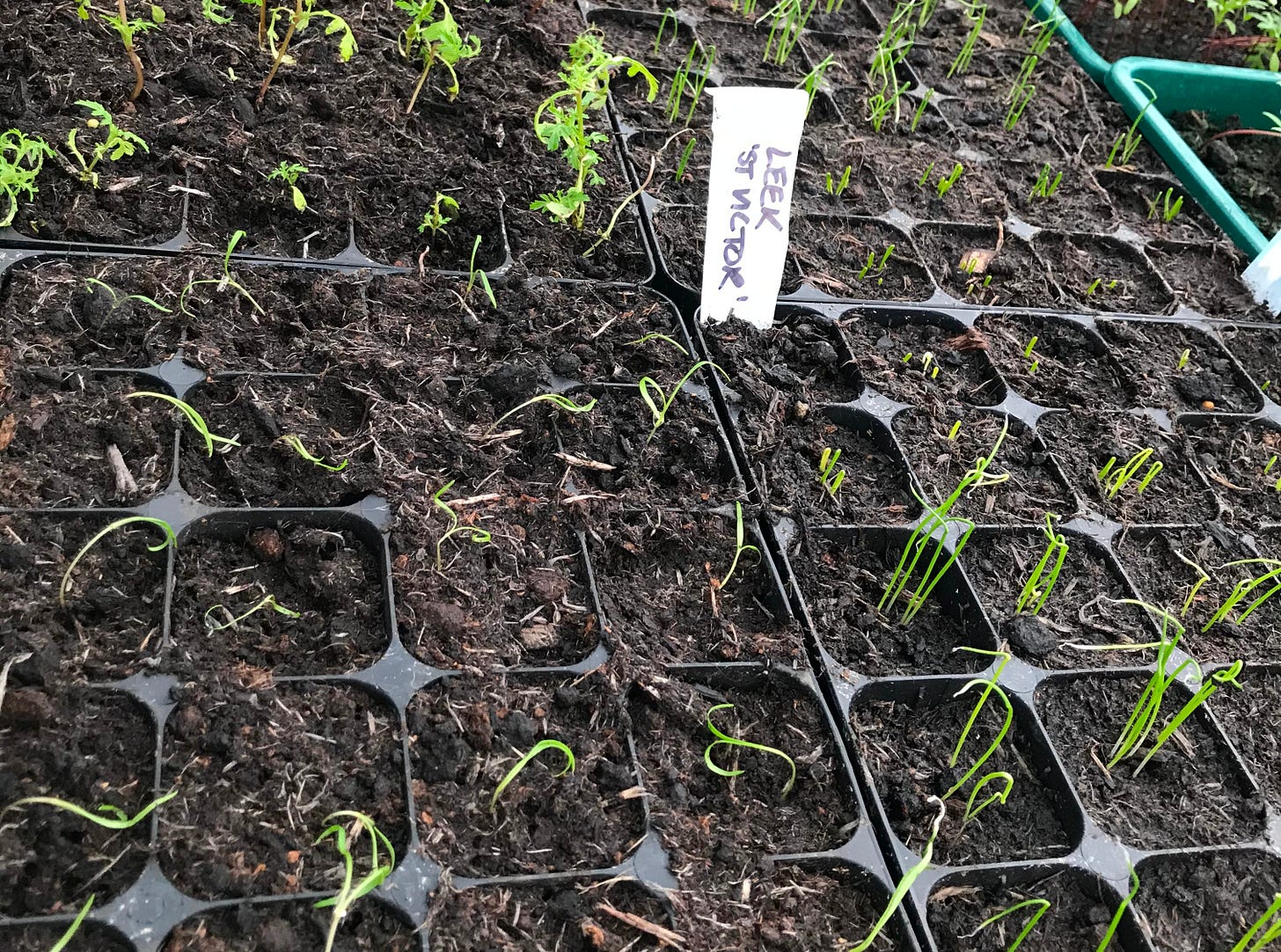

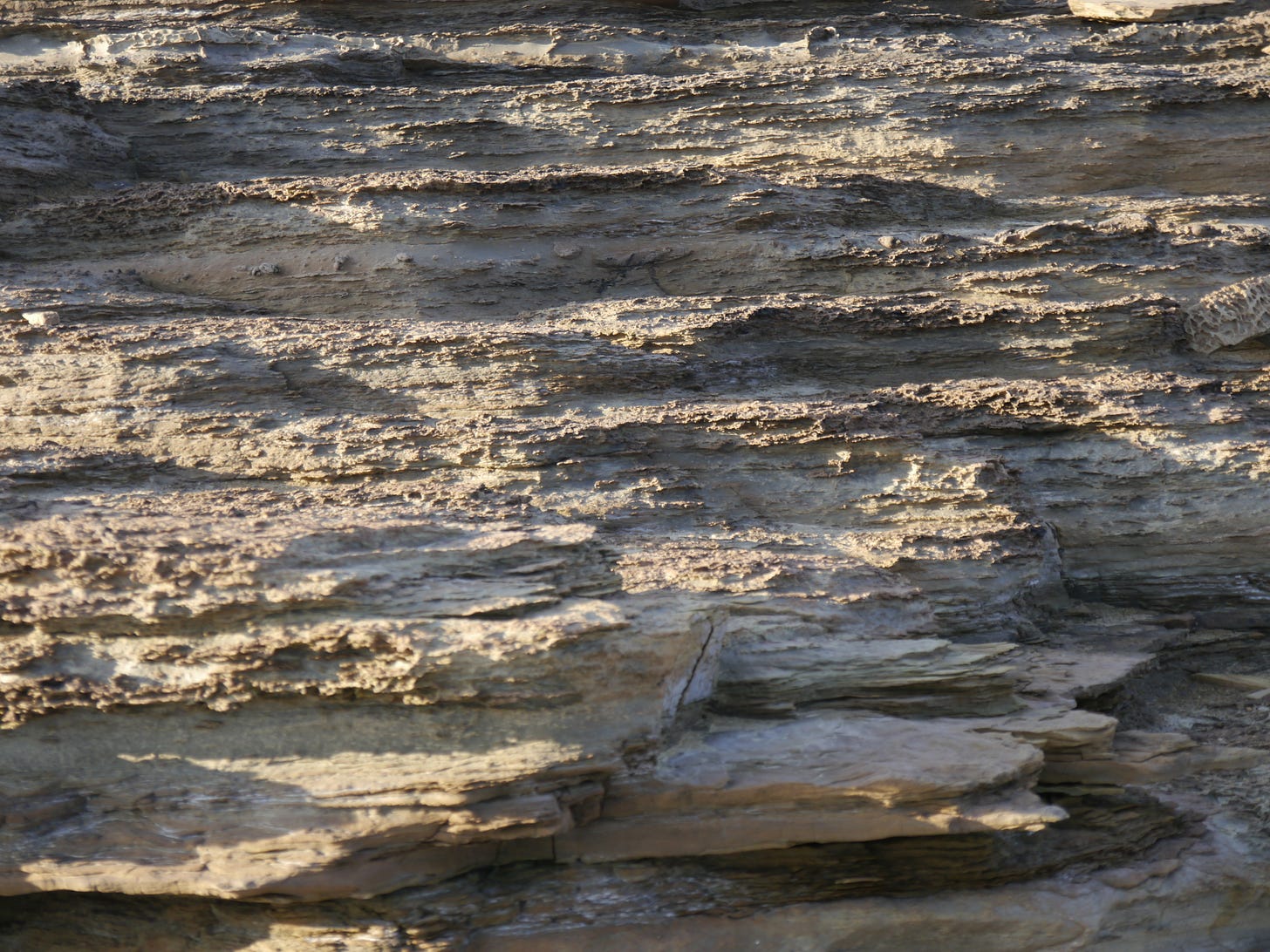
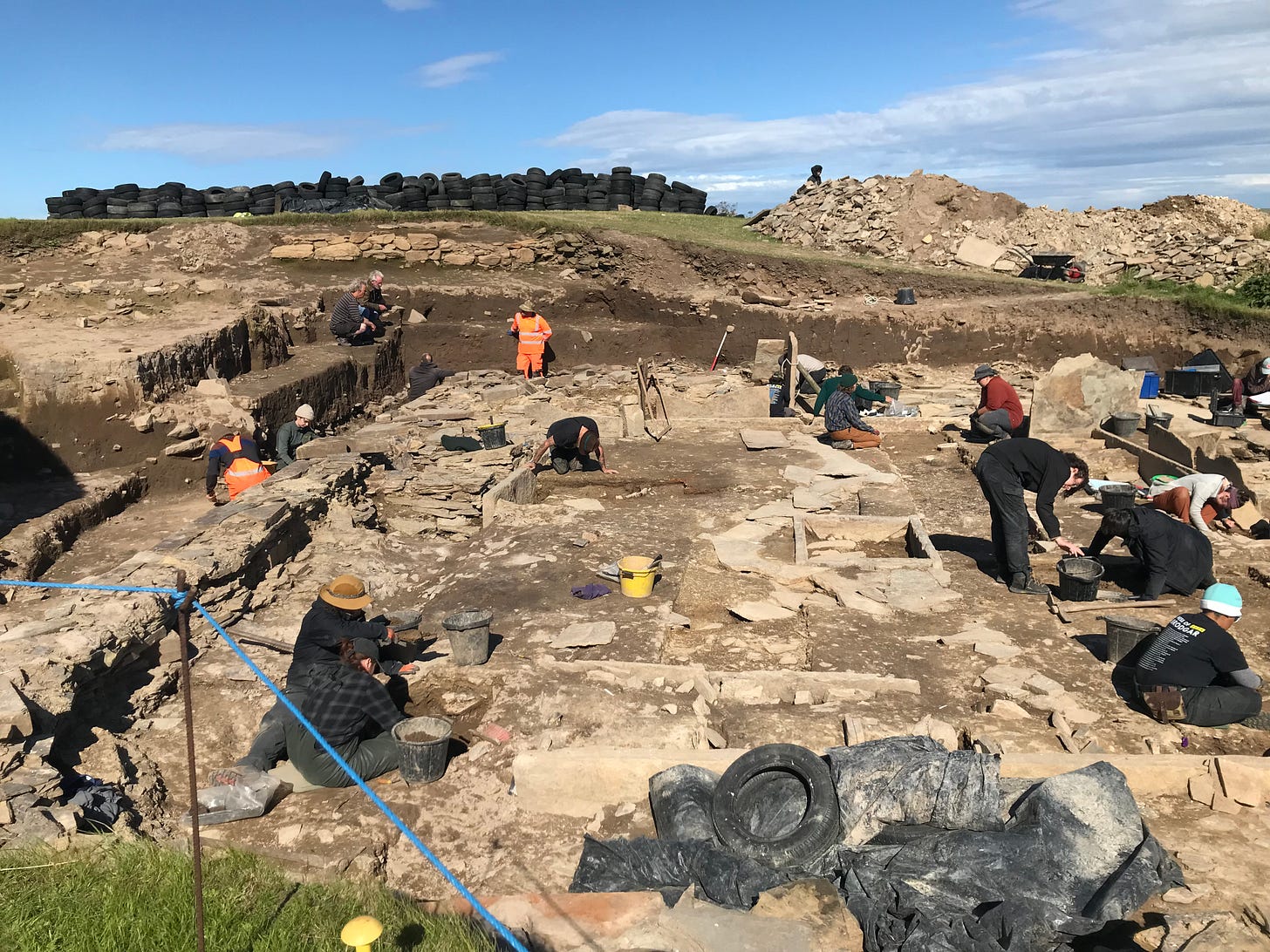
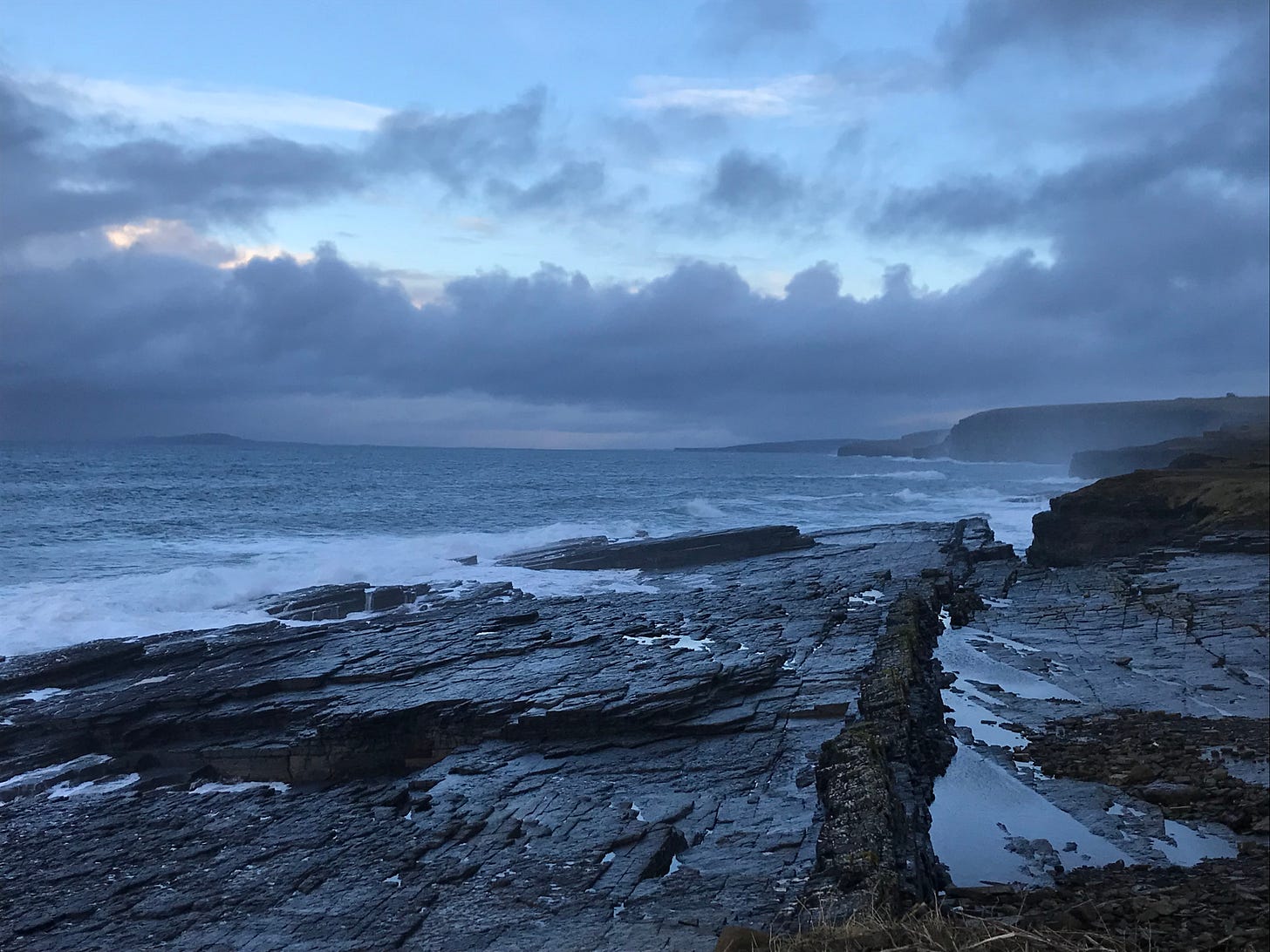
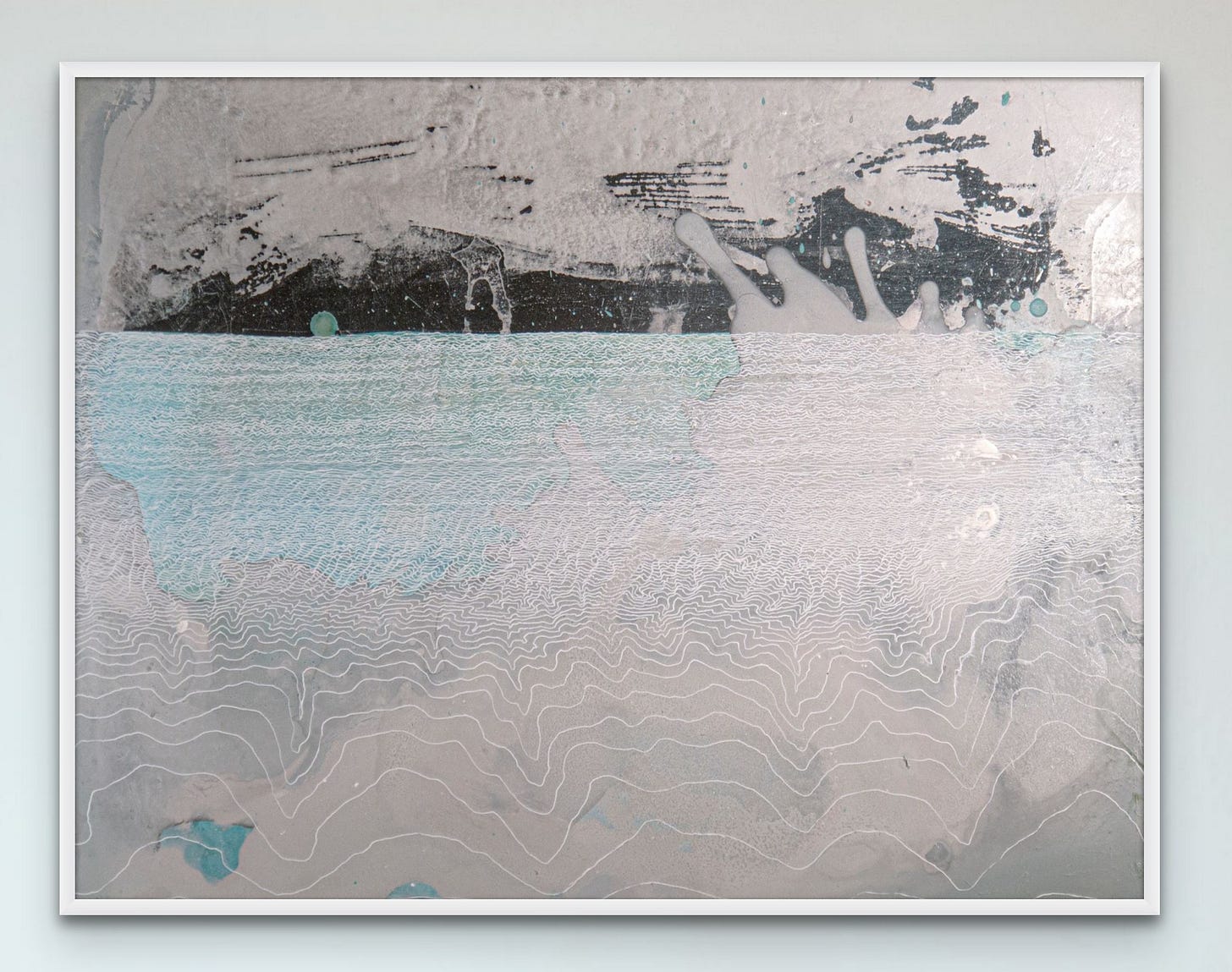
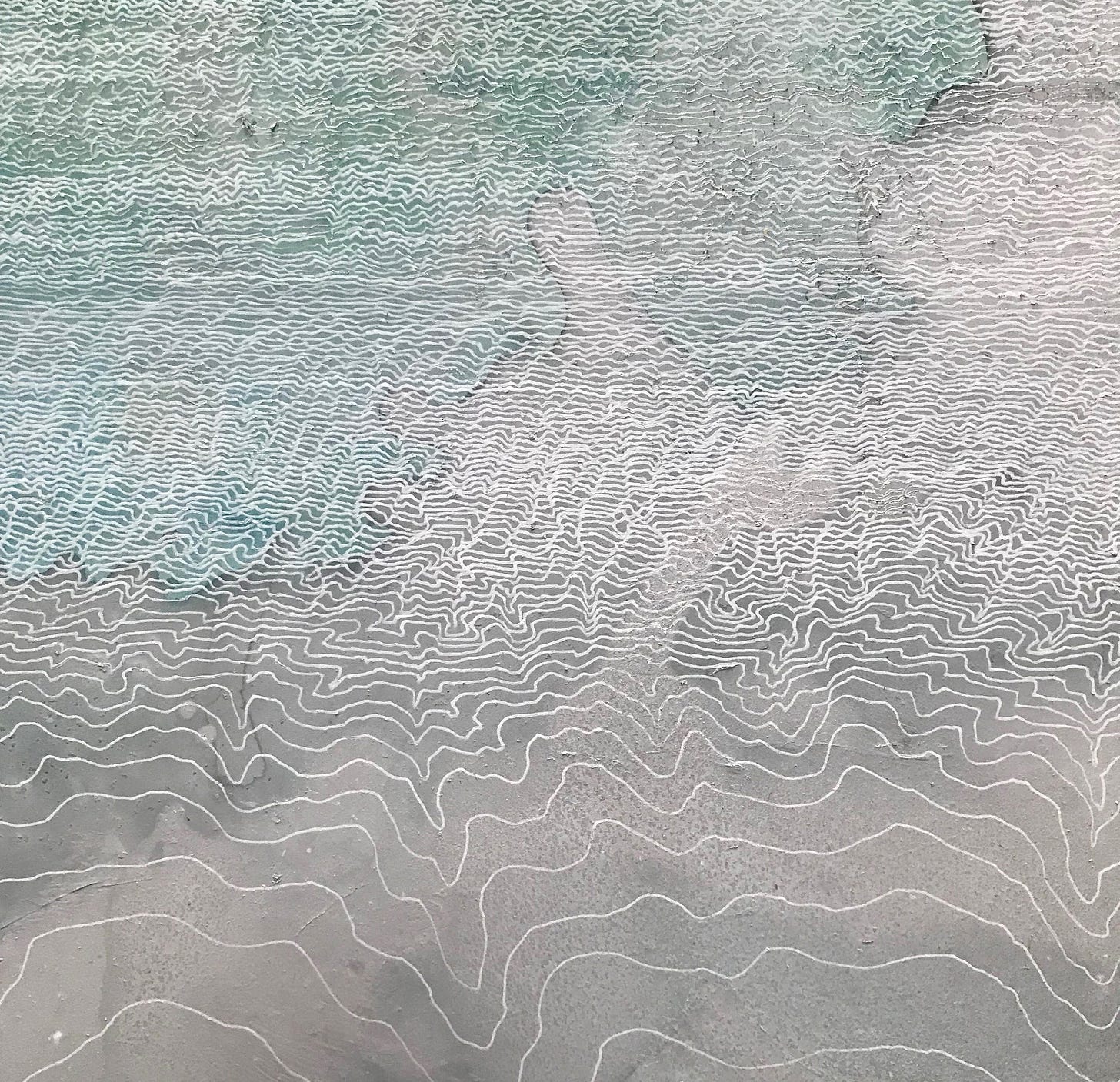


I’ve just received a post by David Whyte in my email inbox which relates to this conversation.
“Now' by itself is always an impoverishment; however, ‘now' in conversation with the way the past lives and breathes inside us while our future is felt as a beautiful, ravishing and inviting stranger, can lead us into extraordinary new territory and extraordinary relationships. Holding all three qualities of past, present and future might be a more accurate, realistic and a more consoling understanding of ‘Now’; an understanding that enables us to live a life more easily reached and more possible for all of us.”
Brilliant, every word!